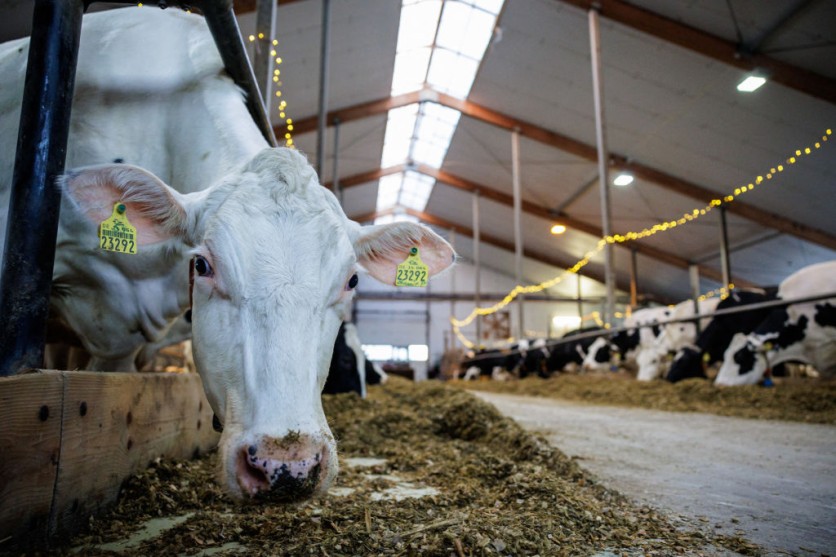A new bird flu virus infection found in Colorado was attributed to dairy cows, making this the fourth case in the country where humans get the viral infection from their exposure to cattle. It is now a growing problem in the country as cattle products were linked to transmitting the virus to humans, with dairy workers also seeing exposure from the farms.
For now, it was regarded by the United States' health officials that the health risks are low for bird flu infection linked to dairy products.
Dairy Cows Linked to Bird Flu Infection Sees 4th Case in Colorado
It was reported by the Center for Disease Control and Prevention (CDC) last Wednesday, July 3, that the fourth case of bird flu infection with links to dairy cows was found in Colorado. It centers on a dairy worker on a farm who tested positive for the virus, as well as manifested symptoms relating to the disease, with the patient developing pink eye.

The CDC claimed that it is the A(H5N1) virus, and this is the first case found in Colorado. It was revealed that two other cases were also workers on a dairy farm, with the first one being from Texas and the second one hailing from Michigan.
That being said, the CDC said that the health risk assessment for bird flu remains low.
The Colorado bird flu-infected patient only had pink eye from the virus and was given oseltamivir, an anti-bird flu medicine, under the CDC's supervision. The Colorado patient has recovered after isolation and treatment.
The same goes for the other patients who tested positive for the A(H5N1) virus, with the CDC claiming they all recovered.
Bird Flu Virus in the US
When COVID-19 was close to mellowing down its infectious plague in the world, the threat of another virus was closely watched by health experts and agencies, particularly in the US. Several cases were found, but in 2023, the World Health Organization (WHO) claimed that the risk of the virus spreading was still low, yet it was not exclusive to avian animals.
However, WHO later determined that the bird flu virus is now spreading and can easily infect humans, but this problem was initially mitigated in Europe only.
It did not stop there. The FDA later tested milk from cows suspected to be infected by the bird flu virus and milk from groceries and markets.
The United States began launching massive efforts to protect cattle from getting infected by the bird flu virus, especially as farms are vulnerable to this infection from visiting birds that may be carriers. While lately, the US has been looking to answer this with vaccines, cases are rising regarding the bird flu spread, with the 4th case of dairy cow infection recently found in Colorado.
Related Article : Moderna Receives $176M Contract to Develop mRNA Bird Flu Vaccine as US Prepares for Pandemic





